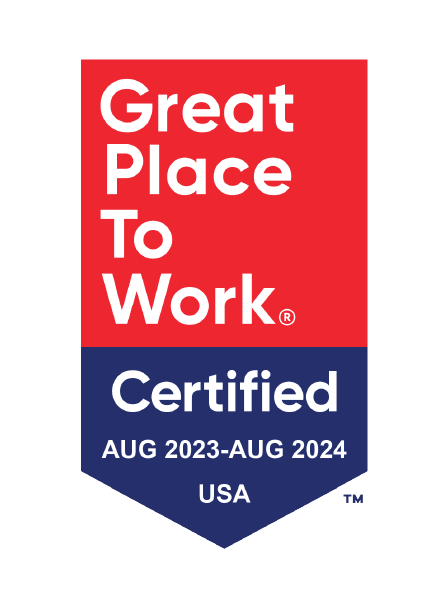PROTECTING THE POSSIBLE
Welcome to The Baldwin Group
The Baldwin Group is an award-winning, entrepreneur-led advisory firm delivering insurance, risk mitigation, employee benefits, and wealth management solutions for businesses and individuals.

WE HAVE UPDATED OUR BRAND
The Capital Group and our partner firms have unified as one brand,
The Baldwin Group

Your continued partner for success
As our valued clients, you are front and center through this evolution, and we will continue to deliver the exceptional customized services that you know and love. We’ve been carefully laying the foundation over the past several years to build something even better, and as your insurance needs grow, we’ll grow with you to help fully protect all your possibilities.

What stays the same:
- Your dedicated team
- Your personalized services
- Your plans and offerings
What you gain:
- More access to expanded industry and product line expertise
- More national resources, servicing all 50 states
- More international offerings for commercial risk and employee benefits
- More access to The Baldwin’s Group’s broad relationship with carrier partners for optimized terms and pricing
- More possibilities and full integration of offerings for business insurance, employee benefits, retirement, private client, wealth management, and personal insurance
View a message from our CEO about this brand transformation:
Explore baldwin.com
Address: 6720b Rockledge Dr. Suite #400,
Bethesda, MD 20817
Phone #: 301.214.7666
A great workplace attracts top talent
to deliver exceptional client service





From FORTUNE.
©2023 FORTUNE Media IP Limited.
All rights reserved. Used under license.

THE BALDWIN DIFFERENCE
Open the door to possibilities
The Baldwin Group is here to support your business or individual insurance needs. Explore new ways to protect what’s possible.




